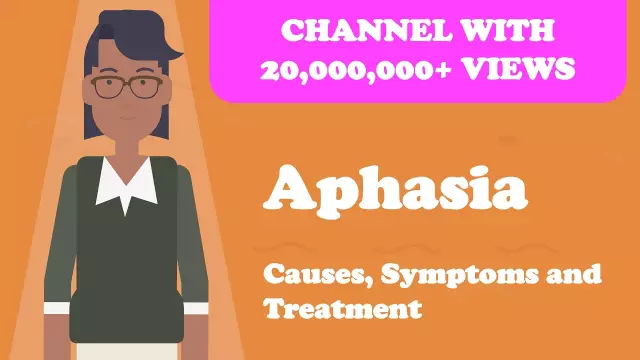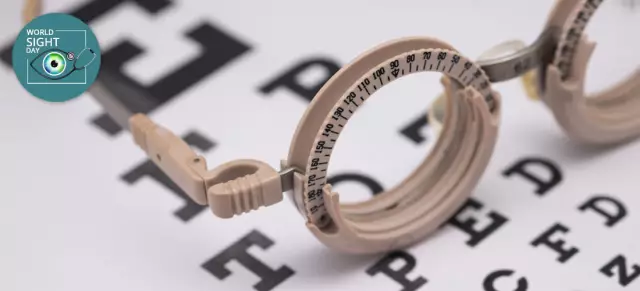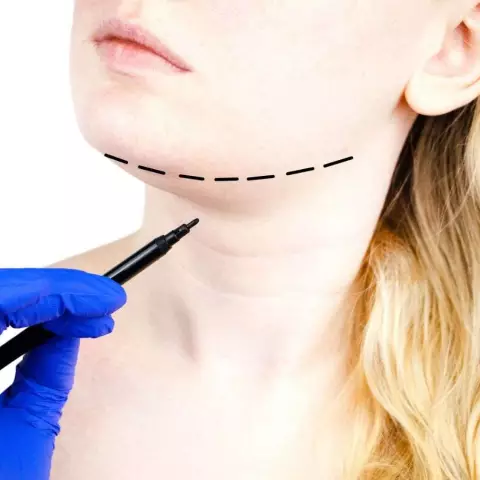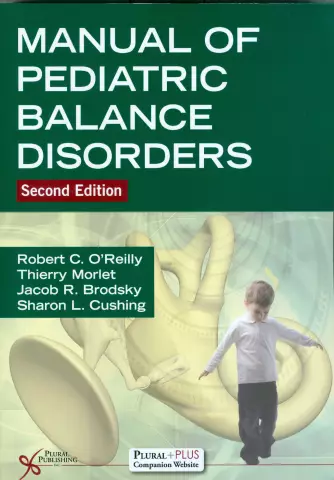- Author Rachel Wainwright wainwright@abchealthonline.com.
- Public 2023-12-15 07:39.
- Last modified 2025-11-02 20:14.
Aphasia

Aphasia is a systemic disorder characterized by a loss of the ability to speak, which occurs due to damage to the speech areas of the brain.
Forms of aphasia: causes and manifestations of the disease
According to A. R. Luria's classification, various forms of aphasia can be distinguished:
- Efferent motor aphasia (otherwise Broca's aphasia - after the name of the doctor who described the symptoms of the disease) occurs against the background of damage to the lower parts of the premotor cortex of the left hemisphere of the brain. Motor aphasia is characterized by the telegraphic style of utterances (decay of grammar), as well as the difficulty in switching from one word or phrase to another. Another characteristic feature of the manifestation of motor aphasia is impairment of writing and reading;
- The manifestation of dynamic aphasia is characterized by the impossibility of constructing an internal program of expression (disintegration of internal speech). This disorder causes damage to the prefrontal region of the left hemisphere;
- At the heart of sensory aphasia (otherwise Wernicke's aphasia) is a lesion of the cortical part of the auditory analyzer. With sensory aphasia, the patient loses the ability to interpret the speech heard;
- The development of afferent motor aphasia is caused by damage to the parietal and posterior-central regions of the cortex. At the same time, patients with aphasia experience difficulties due to the inability to distinguish sounds close in articulation due to incorrectly selected articulatory postures, which leads to mixing of the articulatory within the group;
- Optical-mnestic aphasia is characterized by the weakness of visual images of words and a violation of visual memory. People with aphasia have difficulty naming words;
- Acoustic-mnestic aphasia is caused by a narrowing of the volume of auditory-speech memory and a violation of the volume of retention of auditory-speech information;
- Amnestic aphasia is caused by lesions in the parietotemporal region, and the main difficulty lies in naming familiar objects;
- Semantic aphasia is characterized by defects in simultaneous synthesis and analysis of speech, as well as impaired understanding of complex logical-grammatical structures that describe spatial relationships.
Simplified classification of forms of aphasia can be reduced to:
- Motor, when the patient with aphasia understands speech, but cannot speak;
- Sensory, when the patient does not understand the meaning of words, but can pronounce phrases and words.
A common distinguishing feature of patients with aphasia is the poverty of speech, in which they rarely use adverbs, adjectives, descriptive turns, and they practically do not use sayings and proverbs.
Causes of aphasia
The main causes of aphasia are:
- Brain trauma;
- Stroke;
- Dementia;
- Infectious diseases of the brain;
- Brain tumors.
Diagnosis of aphasia

To identify motor and sensory aphasia, use the study of oral and written speech. Diagnostic methods include studying:
- Reading and reading comprehension skills;
- Colloquial speech, storytelling, repetition and automatic speech, which includes months, numbers, verses;
- Comprehension of oral speech;
- Written speech, which includes cheating, dictation and retelling;
- Grammatical structure, wealth or poverty of speech.
Also, one of the important diagnostic factors is the desire of the patient with aphasia to speak.
Aphasia treatment
Treatment of the disease, as well as the restoration of speech in aphasia, consists in the treatment of the underlying disease that led to these disorders.
In cases where the cause of speech impairment was an injury or a stroke, speech therapists help in recovery. As a rule, such treatment begins after the person's physical condition has stabilized.
Sometimes complete recovery of speech in aphasia is observed even without treatment, which is typical for conditions caused by a short-term impairment of blood flow to the brain.
YouTube video related to the article:
The information is generalized and provided for informational purposes only. At the first sign of illness, see your doctor. Self-medication is hazardous to health!






